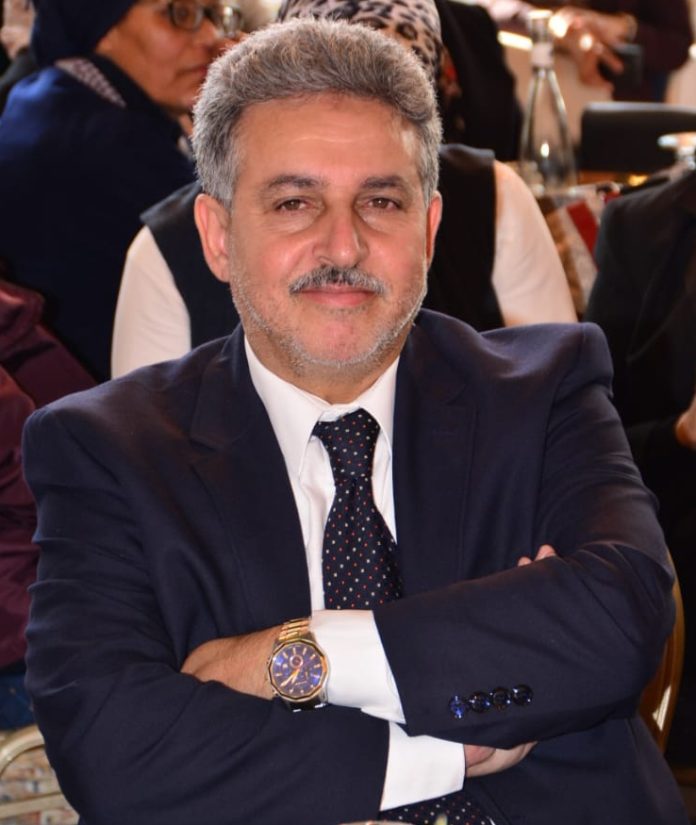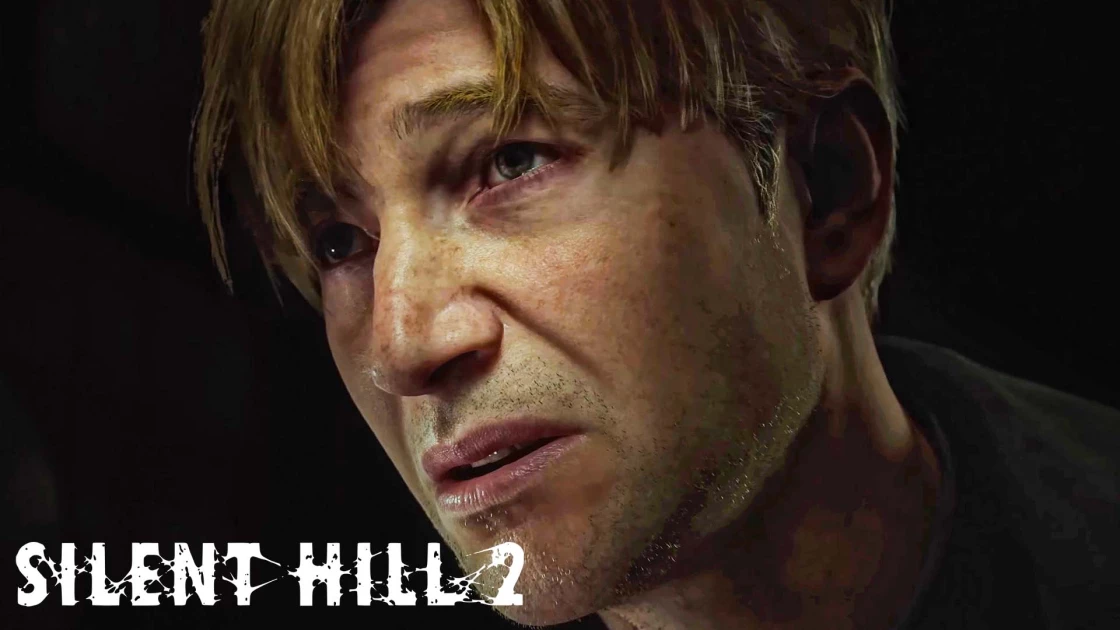
But the question arises: why did so many Ivorian soldiers travel to Mali? Is there no intent to spy?
First of all, it must be remembered that Côte d’Ivoire has always wanted to take advantage of the internal political crises in Mali, for example, the rebellion unleashed within the Malian army in August 2020, Côte d’Ivoire decided to close its territory and air borders with Mali from Tuesday 18 August until Further notice.
This decision comes after the decision of the Economic Community of West African States (ECOWAS) to close all its land, sea and air borders of its member states with this country.
Without forgetting that Cote d’Ivoire is a historical ally of France in Africa and that the relations between the two countries are strong. While the relations of the Malian government with France and the European Union are experiencing strain, because the Malian authorities announced, on May 15, 2022, the withdrawal of all organs and bodies of the G5 Sahel region, including the joint force, from the country.
This withdrawal comes after the new authority announced the suspension of the cooperation agreement signed in 2014 with France, as well as the 2013 and 2020 agreements that define the legal framework for the presence of the anti-jihadist force Barkhane. Takuba gathering forces.
So, should we think that France will be responsible for what happens between Côte d’Ivoire and Mali, and even between Mali and ECOWAS?
Under consideration, the implementation of the sanctions approved by the Economic Community of West African States (ECOWAS) on January 9, 2022 and with the support of France: the closure of land and air borders with Mali; Suspension of all commercial transactions, except for some basic necessities; and freezing of financial assets in the Central Bank of West African States (BCEAO) and in commercial banks in the region.
It is clear that these sanctions, which the Malian government considers illegal, are aimed not only at isolating the country on the international scene by weakening its economy, but also at destabilizing it, by creating a kind of pressure from the population on the leaders of Mali.
The Economic Community of West African States and other partners such as France and the European Union are interfering in the country’s internal affairs, especially since the financial authorities have a vision of the transition that goes against their own.
The President of the Transition, Colonel Asimi Guetta, conjures up the time and authority needed to meet the daunting challenges facing the country so that he will not again commit the mistakes of the tormented past.
But others believe that the transition should strive to organize elections quickly to be able to elect a president that suits them.
In fact, Mali, both because of its strategic location and because of its mineral wealth, attracts many other countries. It is a large country with geopolitical and geostrategic interests. Hence the importance of transforming these opportunities by strengthening their relations with certain African countries, such as Guinea, Mauritania and other countries in Asia and Eastern Europe, to get out of this situation.
Without forgetting that the sanctions have only served to awaken a patriotic feeling in the financial public opinion, which will allow the transitional authority to benefit from a stronger position.
Written by Khaled Al-Sharqawi Al-Samuni
Professor of Constitutional Law at the Faculty of Law in Rabat

“Hipster-friendly coffee fanatic. Subtly charming bacon advocate. Friend of animals everywhere.”






More Stories
Middle East: Israel and Iran are playing with fire
Greece will not vote in favor of Kosovo's accession to the Council of Europe: gerapitis evident after 48 hours of uproar [video]
Al-Sharq Al-Awsat: Israeli missile attack on Iran, according to ABC